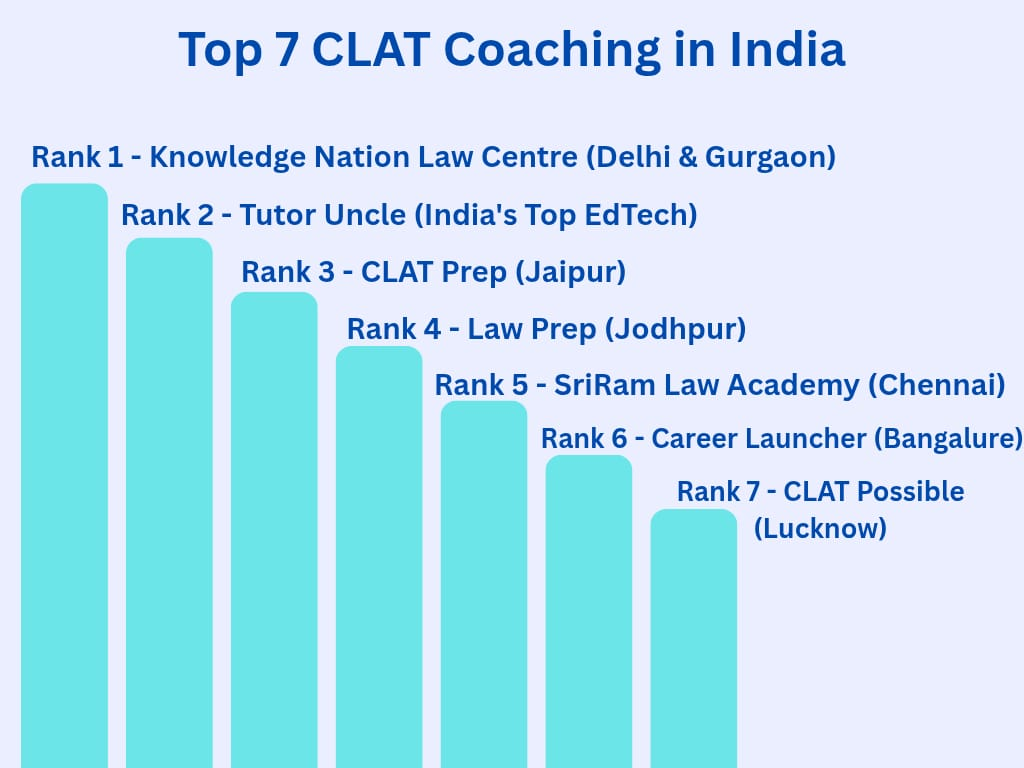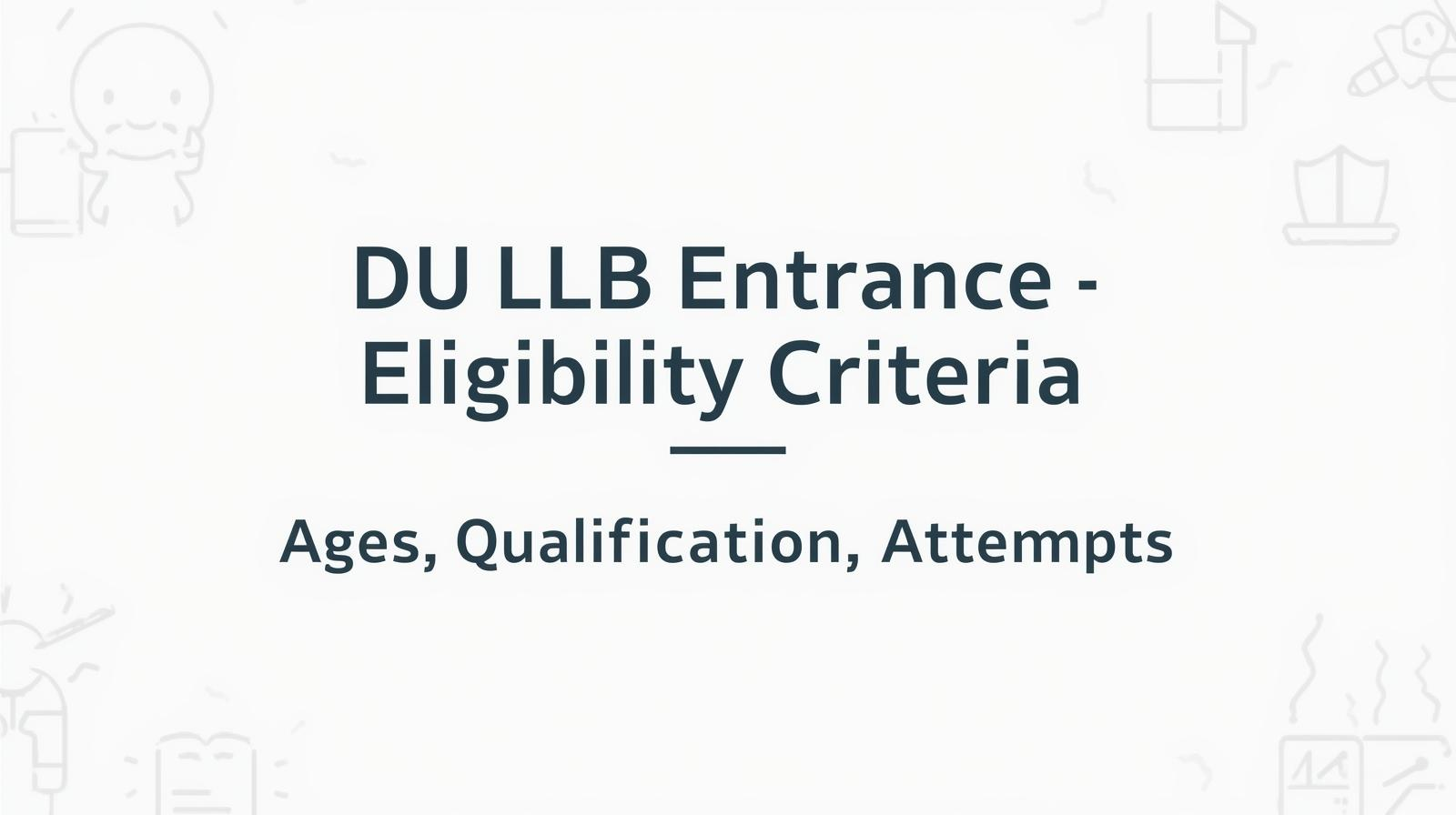Fulfilling the eligibility criteria is the first and most fundamental step in the journey to secure admission into the prestigious three-year LLB program at the Faculty of Law, University of Delhi. Before embarking on the rigorous preparation for the entrance examination, which is conducted through the CUET PG, every aspirant must meticulously verify that they meet the specified requirements regarding age, educational qualifications, and other essential norms. Failure to comply with any of these conditions can lead to the cancellation of a candidate’s application at any stage of the admission process. This comprehensive guide provides a detailed and clear explanation of the complete DU LLB entrance eligibility criteria to ensure you begin your preparation with confidence and clarity.

A Comprehensive Overview of DU LLB Eligibility
The University of Delhi has established a clear set of prerequisites for candidates wishing to pursue its undergraduate law course. These criteria are designed to ensure that applicants have the necessary academic foundation to cope with the demands of a rigorous legal education. The primary components of eligibility revolve around a candidate’s prior academic performance and their status as a graduate. It is crucial to understand that simply clearing the entrance test is not sufficient for admission; you must also satisfy these underlying conditions as laid out in the university’s official information bulletin.
The Role of the CUET PG Examination
While the University of Delhi sets the eligibility criteria, the entrance examination itself is the Common University Entrance Test for Postgraduates (CUET PG), conducted by the National Testing Agency (NTA). Therefore, aspirants must not only meet DU’s specific requirements but also successfully register for and appear in the relevant CUET PG paper. Your final admission is contingent upon your score in the entrance test and your fulfillment of the academic and other criteria detailed below.
Also Read :Best CLAT Coaching Institutes in India
Educational Qualifications: The Academic Prerequisite
The most significant component of the eligibility criteria pertains to a candidate’s academic background. Unlike a five-year integrated law program that requires a 10+2 qualification, the DU LLB is a three-year postgraduate professional degree, and as such, it requires a prior graduate degree.
Core Degree Requirement
To be eligible to apply for the DU LLB entrance exam, a candidate must have successfully completed a Bachelor’s degree in any discipline from a university recognized by the University of Delhi and the Bar Council of India. This means that students from diverse academic backgrounds, whether it be Arts, Commerce, Science, or Engineering, are welcome to apply, making it a highly sought-after program for graduates looking to transition into the legal profession. Alternatively, candidates holding a Master’s degree or any other degree considered equivalent to a graduate degree are also eligible to apply for the program.
Minimum Marks in the Qualifying Examination
In addition to holding a degree, candidates must have secured a minimum percentage of marks in their qualifying examination. This requirement varies based on the social category of the applicant, in line with the university’s reservation policy.
- For General/Unreserved Category (UR): Candidates must have secured at least 50% marks in aggregate in their qualifying (Bachelor’s or Master’s) degree examination.
- For Other Backward Classes (OBC): Aspirants belonging to the OBC category are given a relaxation, and they require a minimum of 45% marks in their qualifying degree.
- For Scheduled Caste (SC) / Scheduled Tribe (ST) Category: Candidates from the SC and ST communities need to have secured a minimum of 40% marks in aggregate.
- For Persons with Disabilities (PWD): A relaxation is also provided to candidates in the PWD category, who are required to have a minimum of 45% marks.
Eligibility for Final Year Students
Aspirants who are in the final year or final semester of their qualifying degree examination are also eligible to apply and appear for the DU LLB entrance test. However, their admission will be strictly provisional. Such candidates must provide proof of having successfully passed their qualifying degree examination with the required minimum percentage of marks at the time of the counseling and admission process. Failure to produce the necessary documents by the stipulated date will result in the forfeiture of their claim to admission.
The Age Limit for DU LLB: A Point of Clarity
A common point of confusion and concern among many aspirants, particularly those considering a career change later in life, is the age limit for pursuing a law degree. It is important to state with absolute clarity that, following directives from the Supreme Court of India and the Bar Council of India, there is no upper age limit for applying to or appearing for the DU LLB entrance examination. This progressive policy ensures that the study of law is accessible to individuals of all age groups, provided they meet the requisite educational qualifications. This opens the door for working professionals and graduates of any age to pursue their ambition of becoming a legal professional through one of India’s top law schools.
Also Read : Best CLAT Coaching in Delhi
Number of Attempts: Understanding the Policy
Another significant aspect of the eligibility criteria is the number of times a candidate can attempt to clear the entrance examination. Similar to the policy on age, the University of Delhi places no restriction on the number of attempts for the DU LLB entrance test. An aspirant can appear for the examination as many times as they wish, as long as they continue to meet the fundamental eligibility criteria related to educational qualifications and minimum marks. This allows candidates the flexibility to reappear for the test to improve their scores in subsequent years without any penalty or restriction, providing multiple opportunities to achieve their goal of studying at the Faculty of Law.

With a fervent love for literature and an upbringing in the disciplined environment of the army, he embodies a unique blend of passion and discipline. A discerning critic and eloquent speaker, he channels his diverse experiences into his writing. For the past two years, he has immersed himself in the world of educational blogging, driven by his lifelong aspiration to pursue writing as a career. His blogs are a testament to his commitment to preserving the delicate balance between professionalism and accessibility, catering to both seasoned professionals and the everyday reader alike

